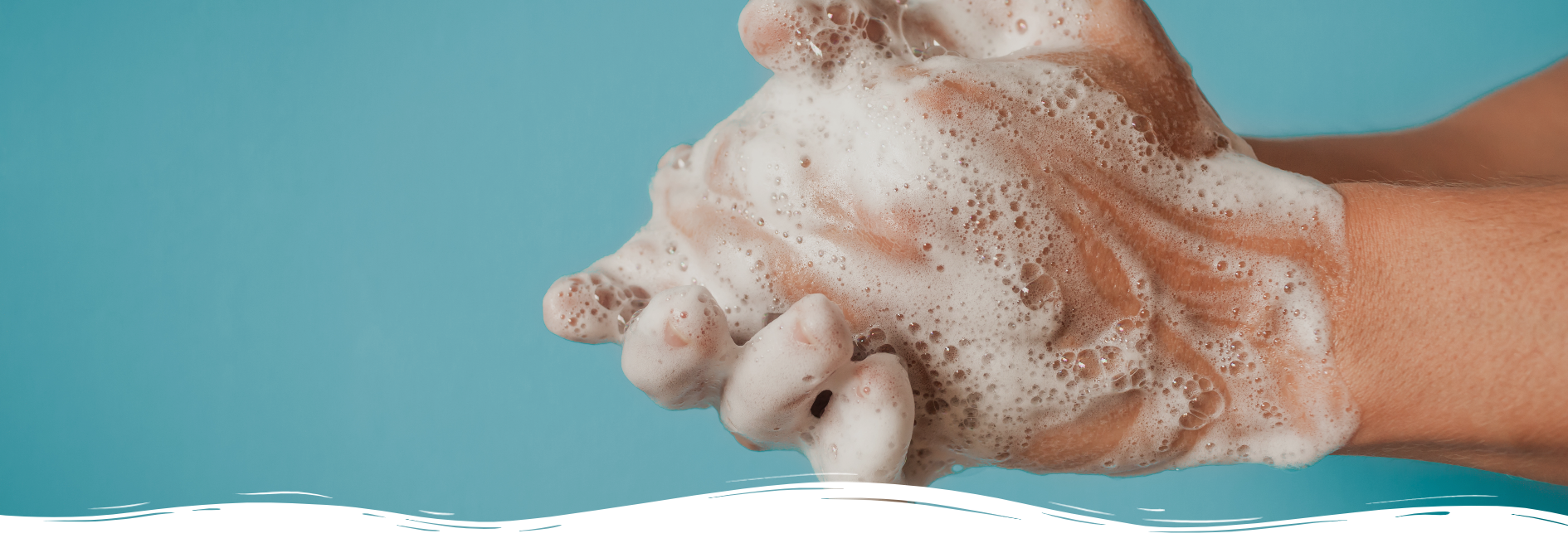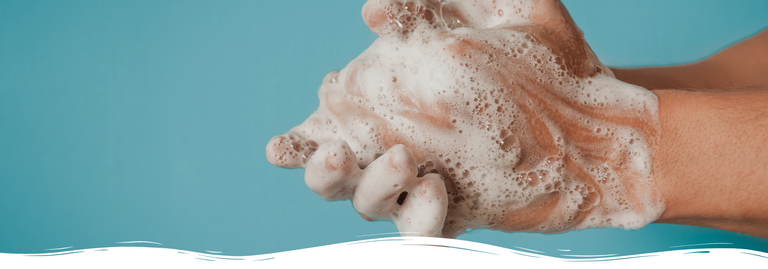LET’S GET TO THE TRUTH
Don’t be fooled!
Some commercial skincare products market themselves as pH balanced or achieving a pH level closest to our skin at pH. This just isn’t true — pH is defined as the negative logarithm of the hydrogen ion activity in a solution. Trying to measure the pH of a solid is like trying to measure the length of a liquid. It simply is not possible. So, when skincare companies make claims like this, you know they’re blatantly lying. To go even deeper, a shower gel/cream pH level that’s close to the acclaimed skin’s pH at 5.5 is irrelevant (but that doesn’t stop companies trying to trick you!). Here’s why: during a shower, the cleanser mixes with water that contains chlorine and various minerals. As a result, the product’s pH will not be the same as it was when it was in the bottle. It is a scientific fact that dilution with water affects the pH. Simply put, it will make an acidic solution less acidic and an alkali solution less alkali. The pH of an acid will go towards pH 7 (pH 7 is pH of neutral pure water) and pH of an alkali will also go toward pH 7. Furthermore, our skin naturally goes back to its acidic state 15 minutes after you shower. The pH of skincare products will not change the natural pH of skin secretions — which will always be acidic.



